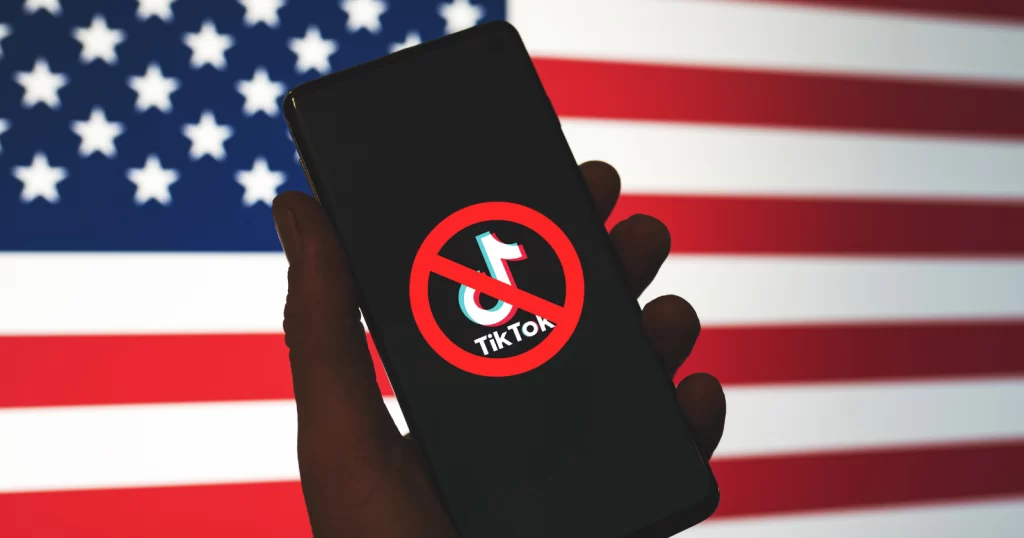The House Energy and Commerce Committee recently made a significant stride, unanimously advancing a bill that could result in a nationwide ban of TikTok on electronic devices. This move raises concerns about the app’s ties to its China-linked parent company, ByteDance, and potential risks related to Chinese government spying.

Understanding the Legislation: The proposed legislation mandates TikTok’s removal from U.S. app stores unless the platform swiftly separates from ByteDance within 165 days. Failure to comply would render it illegal for app store operators, including giants like Apple and Google, to offer TikTok for download. The bill also contemplates similar restrictions for other apps controlled by foreign adversary companies.
Bipartisan Support and Legislative Process: Introduced with bipartisan backing, the bill garnered support from key figures, including House Majority Leader Steve Scalise. Despite this, its fate in the Senate remains uncertain. The legislation faces opposition from TikTok, which is actively mobilizing its user base to challenge what it perceives as a threat to free expression.
TikTok’s Opposition and Public Response: TikTok vehemently opposes the bill, framing it as a total ban that infringes on constitutional rights. The company has launched a campaign, urging users to contact their congressional representatives and express opposition. This has led to a surge in phone calls to House offices, reflecting a mix of confusion and concern among TikTok’s diverse user base.
Legislator Perspectives: Legislators like Rep. Mike Gallagher argue that the bill is not a ban but a call for TikTok to sever ties with the Chinese Communist Party. Amid debates, concerns are raised about the potential impact on various industries beyond TikTok, including Apple and Google, as the bill could restrict content hosting services.
National Security Concerns and Chinese Government’s Role: The bill stems from long-standing fears that China’s intelligence laws could enable espionage through TikTok, jeopardizing user data and national security. While evidence is yet to be presented publicly, policymakers remain cautious, citing hypothetical risks and the need to protect against potential threats.
Legal Battles and Past Attempts: Efforts to regulate TikTok date back to the Trump administration, which faced legal challenges in attempting to force app store restrictions and ByteDance’s spin-off. A federal judge in Montana temporarily blocked a statewide TikTok ban, emphasizing concerns about First Amendment rights.
ACLU and Industry Opposition: The American Civil Liberties Union (ACLU) expresses disappointment, asserting that the bill, even if focused on foreign adversary control, could implicate Americans’ free speech rights. Industry representatives, including the Computer and Communications Industry Association, argue that the bill infringes on First Amendment rights of private businesses.
The Future of TikTok in the U.S.: As the bill heads to a floor vote and potentially the Senate, the future of TikTok in the U.S. remains uncertain. Balancing national security concerns, free speech rights, and economic impacts will be crucial in determining the fate of this legislation.




